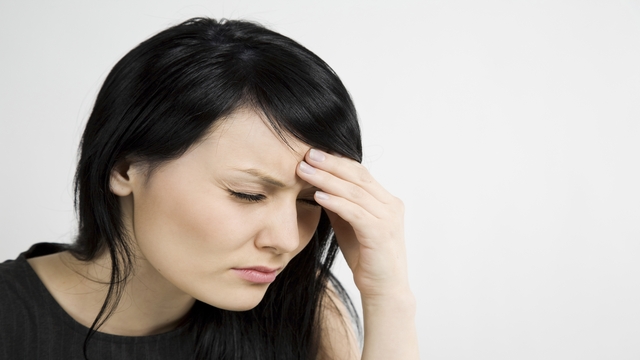Dizziness, vertigo, and balance disorders collectively are one of the three most common reasons for patients to seek medical treatment, according to Dr. Kendal Stewart of the NeuroSensory Center in Austin, Texas. Only headaches and low back pain are equally common. Dizziness includes symptoms of spinning, unsteadiness, lightheadedness, disorientation, imbalance, wooziness, visual difficulty, floating, or a “drunk” feeling. One study found that 40 percent of us will experience some form of dizziness at some point.
Meniere's disease is a severe form of dizziness associated with changes in the inner ear fluid. It is diagnosed in 3.5 to 513 individuals per 100,000 in the United States, with higher rates in older individuals. Women have almost twice as many cases as men. A recent article reports that symptoms generally last for five to 10 years, but most cases end with spontaneous remission. There are several different proposed causes, including infection, circulatory disorders, hormone disorders, and medication reactions. Recent research indicates a role for immune system dysfunction.
References 2 – 4 reported evidence for an autoimmune component in Meniere's disease. One study showed an elevated incidence of autoimmune thyroid disease in Meniere's patients. Two others showed elevated immune biomarkers.
There may be an even simpler explanation for some cases of Meniere's: allergies. Researchers in Los Angeles reported an association with both nasal and food allergies. This matches my own informal experience in Austin, which has been called the allergy capital of the world. Mild dizziness and vertigo are common complaints when the pollen count is high. These inner ear symptoms closely parallel other allergy symptoms such as nasal congestion and eye irritation. The Los Angeles researchers recommended immunotherapy and dietary restriction for treatment of dizziness.
I found 11 clinical trials currently listed for Meniere's disease at http://clinicaltrials.gov.
References:
1. Alexander TH et al, “Current epidemiology of Meniere's syndrome”, Otolaryngol Clin North Am. 2010 Oct; 43(5): 965-70.
2. Huppert D et al, “Long-term course of Meniere's disease revisited”, Acta Otolaryngol. 2010 Jun; 130(6): 644-51.
3. Fattori B et al, “Possible association between thyroid autoimmunity and Meniere's disease”, Clin Exp Immunol. 2008 Apr; 152(1): 28-32.
4. Yoo TJ et al, “Molecular mechanism of autoimmune hearing loss”, Acta Otolaryngol Suppl. 2002; (548): 3-9.
5. Savastano M et al, “Non-specific immunological determinations in Meniere's disease: any role in clinical practice?” Eur Arch Otorhinolaryngol. 2007 Jan; 264(1): 15-9.
6. Derebery MJ et al, “Allergy and its relation to Meniere's disease”, Otolaryngol Clin North Am. 2010 Oct; 43(5): 1047-58.
Linda Fugate is a scientist and writer in Austin, Texas. She has a Ph.D. in Physics and an M.S. in Macromolecular Science and Engineering. Her background includes academic and industrial research in materials science. She currently writes song lyrics and health articles.





Add a CommentComments
There are no comments yet. Be the first one and get the conversation started!